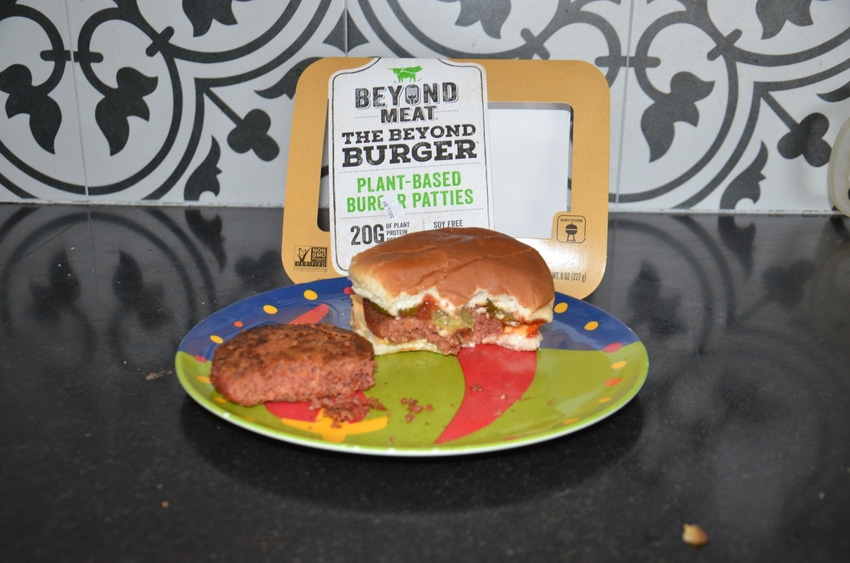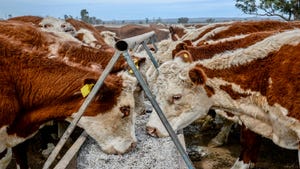What business are we in? Cattle or protein?
Back in the early days of America’s expansion, railroad tycoons failed to see the future. Let's not repeat that mistake.

Are you in the cattle business? Or are you in the business of providing the best, highest-quality eating experience that consumers will enjoy? How you answer those questions matters.
Many years ago, when I was at the Texas Cattle Feeders Association, one of our feedyard owners expanded into the hog business. He received a fair amount of grief from his peers for that decision.
His response was that he wasn’t just in the cattle feeding business, he was in the business of providing protein to consumers. Thus, diversifying into hogs made sense as he looked at growing his company.
That memory came to me as I pondered the news that Cargill will invest in Aleph Farms, a cultured meat company, or as we at BEEF prefer, fake meat company.
Like many of you, I’ve been perplexed that beef packers have invested in these companies. Recall that Tyson and others invested in Beyond Meat a while back. Fast food outfits like Burger King have added plant-based fake meat to the menu.
READ: The ick factor--Media works to drive consumer acceptance of lab-grown meat
As I noodled on Cargill’s news, however, and recalled the family cattle feeding patriarch who diversified into hog production, another idea whizzed through my mind. Back when westward expansion was in full swing and the railroads were laying tracks as fast as workers could swing a sledge hammer, the railroad tycoons made what ultimately proved to be a huge mistake—they failed to realize what business they were in.
Looking short-term, they were in the railroad business. Had they looked long-term, they would have realized they were in the transportation business. Just as the railroads replaced the Stage Coach for transporting people, newer technologies replaced the railroads.
RELATED: It's time the beef business invests in social capital
Thus, it makes perfect sense that the Big Four packers would invest in petri-dish protein. They are in the protein business, after all, not just in the business of harvesting beef, pigs and chickens.
Will fake meat replace real beef? No. But some have postulated that it may have a role in providing more protein to a growing world population. Maybe. But that’s likely a long time in the future. At present, however, the media is hailing the products as a disruptor and one of the hot new food trends.
And I’m not suggesting that you get into the fake meat business. Far from it. I am suggesting that between now and when petri-dish meat is commercialized, we have an opportunity to go on the offensive in explaining why the real stuff is better—way better.
We can’t waste this opportunity.
About the Author(s)
You May Also Like



